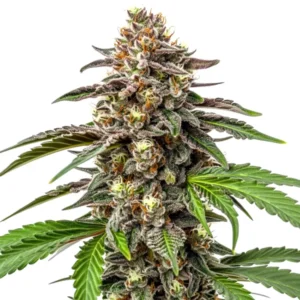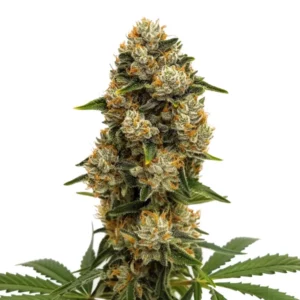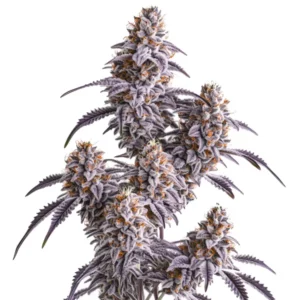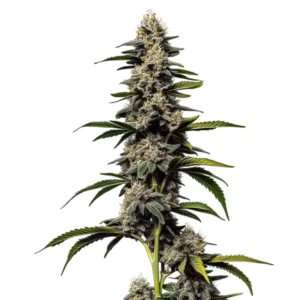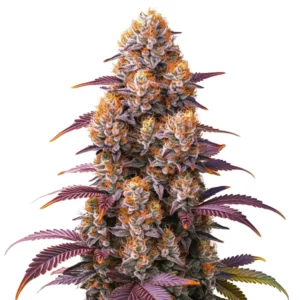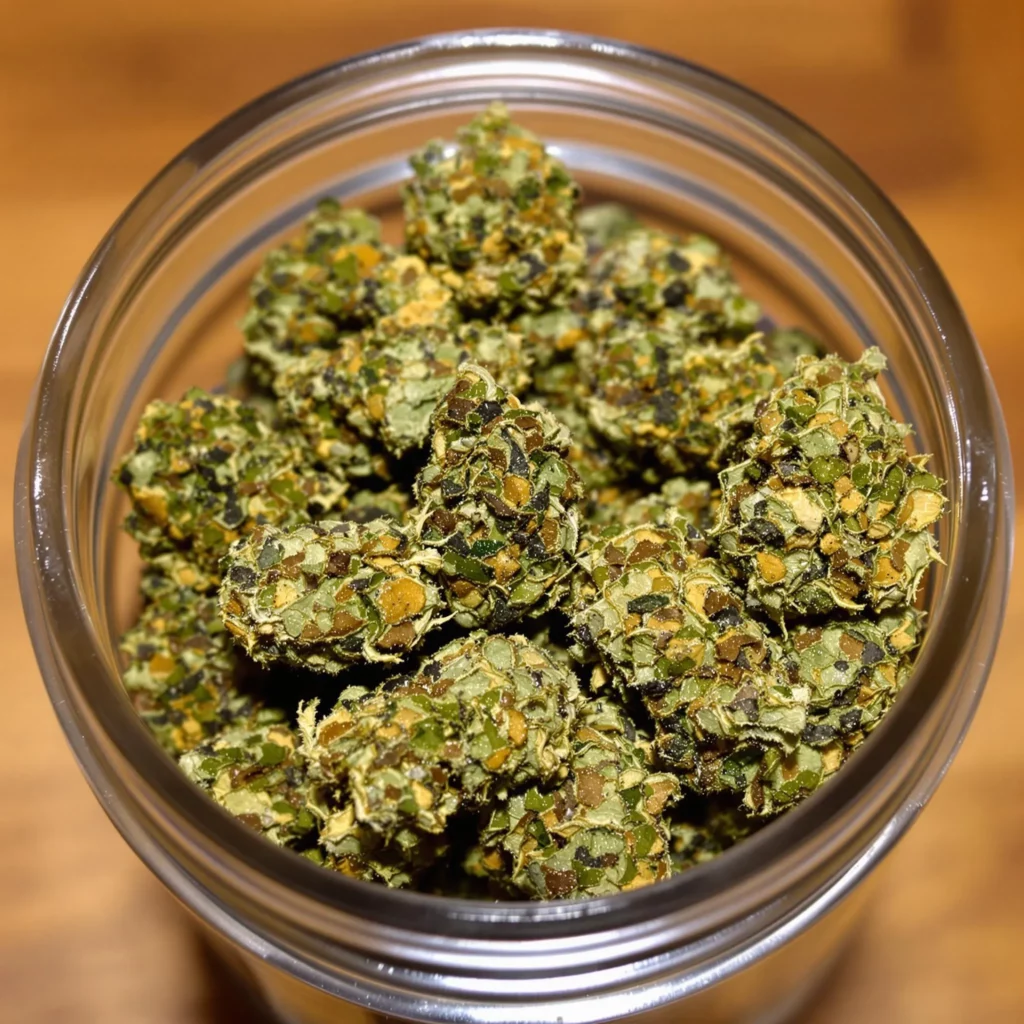
Antibiotics and THC: What You Need to Know
Antibiotics and THC: What You Need to Know
How Antibiotics Work in the Body
Antibiotics and THC combination: antibiotics are powerful medications designed to combat bacterial infections by killing bacteria or inhibiting their growth. They work by targeting specific functions in bacterial cells, such as cell wall production or protein synthesis, leaving the human body’s cells unharmed. These medications are essential for treating infections ranging from mild to severe.
However, antibiotics can have side effects, including gastrointestinal upset, allergic reactions, and disruptions to the gut microbiome. When combining antibiotics with substances like THC, it’s important to consider how the medication and cannabis compound might interact.
Recommended Strains
Fat Bastard
|
|
THC | 30% - 38% (High) |
|
|
Type | Feminized |
|
|
Yield | High |
|
|
Phenotype | 50% Indica / 50% Sativa |
Fat Bastard Auto
|
|
THC | 30% - 38% (High) |
|
|
Type | Autoflowering |
|
|
Yield | High |
|
|
Phenotype | 50% Indica / 50% Sativa |
What Is THC and How Does It Affect the Body?
THC, or tetrahydrocannabinol, is the primary psychoactive compound in cannabis. It interacts with the endocannabinoid system, binding to CB1 and CB2 receptors in the brain and body. This interaction produces effects like euphoria, relaxation, and pain relief.
Beyond its psychoactive properties, THC has anti-inflammatory and analgesic benefits, making it popular for managing chronic pain, nausea, and stress. Understanding the relationship between antibiotics and THC is crucial for those using both, as these substances can influence the body’s natural processes in different ways.
The Potential Interaction Between Antibiotics and THC
While there isn’t extensive research on antibiotics and THC interactions, some studies suggest potential overlaps in how the liver processes these substances. Both are metabolized by the liver’s cytochrome P450 enzyme system. When THC is consumed alongside antibiotics, it may affect how quickly the medication is broken down and absorbed.
This interaction could lead to increased side effects from either substance or reduced effectiveness of the antibiotics. It’s essential to monitor any changes in how your body responds when using THC during a course of antibiotics.
Promos & Deals
Can You Use THC While Taking Antibiotics?
Safety Concerns and Considerations
Using THC while taking antibiotics may be safe for many individuals, but there are factors to consider. Different antibiotics and strains of cannabis may interact uniquely, so consulting a healthcare provider is always recommended. Potential risks include heightened side effects like dizziness, nausea, or drowsiness.
For some, THC might provide relief from the discomfort associated with infections or antibiotic use, such as inflammation or digestive upset. However, balancing these benefits with potential risks is essential for safe use.
How THC May Impact Antibiotic Effectiveness
THC could theoretically alter the effectiveness of antibiotics by influencing how they’re metabolized. If THC slows down the breakdown of the medication, it might increase the concentration of antibiotics in the bloodstream, potentially leading to toxicity. Conversely, if THC speeds up metabolism, the antibiotics could become less effective.
More research is needed to fully understand the interaction between antibiotics and THC, but being cautious with dosage and timing can help minimize risks.
When to Avoid Using THC with Antibiotics
In some cases, it’s best to avoid THC while taking antibiotics. If your antibiotics cause significant side effects like extreme fatigue or dizziness, THC could exacerbate these symptoms. Additionally, if you experience allergic reactions or adverse effects from either substance, it’s wise to discontinue THC use until consulting a healthcare professional.
Certain antibiotics, such as those that interact strongly with the liver’s enzyme system, may also warrant avoiding THC to prevent complications. Always prioritize safety when using antibiotics and THC together.
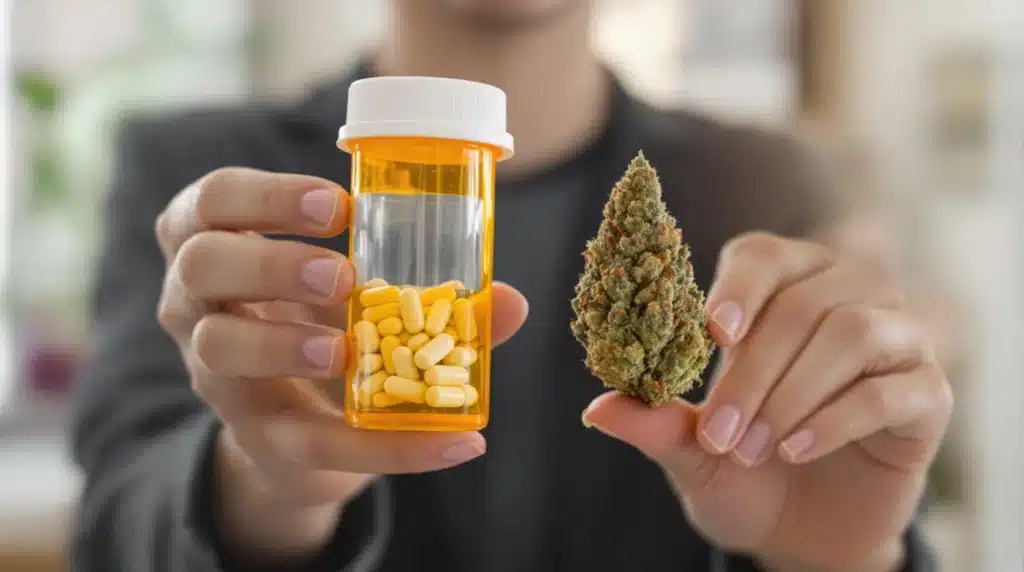
Effects of Combining Antibiotics and THC
Possible Side Effects of the Combination
Combining antibiotics and THC can result in unique side effects. For instance, both substances can cause drowsiness or dizziness, and using them together may intensify these effects. Additionally, gastrointestinal issues, such as nausea or upset stomach, might be more pronounced when combining THC with certain antibiotics.
It’s also possible to experience dry mouth, fatigue, or changes in appetite when using THC alongside antibiotics. Monitoring your body’s reactions is crucial, and any severe or unusual symptoms should prompt immediate consultation with a healthcare provider.
THC’s Role in Reducing Inflammation and Pain
One of the potential benefits of combining THC with antibiotics is its ability to reduce inflammation and alleviate pain. THC’s anti-inflammatory properties can complement the healing process, especially in infections that cause significant discomfort or swelling.
For patients dealing with pain or discomfort from their condition or the side effects of antibiotics, THC might offer relief. However, this benefit should be weighed against the potential risks of combining the two substances.
Impact on the Immune System
THC can have both immunosuppressive and immunomodulatory effects, depending on the dose and frequency of use. While antibiotics work to eliminate bacterial infections, THC’s impact on the immune system could theoretically alter the body’s natural defenses.
This interaction is complex and not fully understood. Patients with weakened immune systems or severe infections should approach the use of THC during antibiotic treatment with caution. Consulting with a healthcare provider ensures the safest approach.
Practical Tips for Using THC During Antibiotic Treatment
Consulting Your Doctor About THC Use
Before combining THC with antibiotics, discuss your plans with a healthcare professional. They can provide personalized advice based on your specific medications, condition, and cannabis usage. Transparency is key to avoiding potential complications.
Share details about your THC consumption, including the form (e.g., edibles, oils, or flower) and frequency of use. This information helps your doctor assess whether it’s safe to continue using THC during your antibiotic course.
Choosing the Right THC Products
Not all THC products are created equal, and some may be more suitable during antibiotic treatment. Opt for products with lower THC concentrations to minimize potential side effects, especially if you’re new to cannabis or using strong antibiotics.
Additionally, consider products with CBD, as this cannabinoid may provide complementary benefits without the psychoactive effects of THC. Balancing THC and CBD can help achieve desired therapeutic outcomes while reducing risks.
Monitoring Your Body’s Response
Pay close attention to how your body responds when using THC and antibiotics together. Keep track of any changes in symptoms, side effects, or overall well-being. If you notice increased discomfort, reduced medication effectiveness, or new symptoms, consult your healthcare provider promptly.
Adjusting your THC dosage or timing can help reduce potential interactions. For instance, spacing out your THC use from your antibiotic doses might minimize any overlap in how these substances are metabolized.
Recommended Strains for Managing Symptoms While on Antibiotics
Fat Bastard: Strong Relief for Pain and Nausea
Fat Bastard is a potent hybrid strain that offers powerful pain relief and relaxation. With its citrus and earthy flavor, it’s ideal for managing nausea and discomfort caused by antibiotics. Its calming effects make it perfect for evening use during recovery.
Future #1: Balanced and Uplifting
Future #1 combines high THC levels with a balanced experience, offering both euphoria and relaxation. Its fruity and floral notes make it a delightful strain to help with fatigue and loss of appetite. It’s great for users looking for a versatile strain during antibiotic treatment.
Permanent Marker Auto: A Creative Lift
This hybrid strain provides an uplifting yet soothing high, making it suitable for daytime use. Permanent Marker Auto’s sweet and spicy aroma pairs well with its effects, which can help alleviate stress and mild pain while maintaining mental clarity.
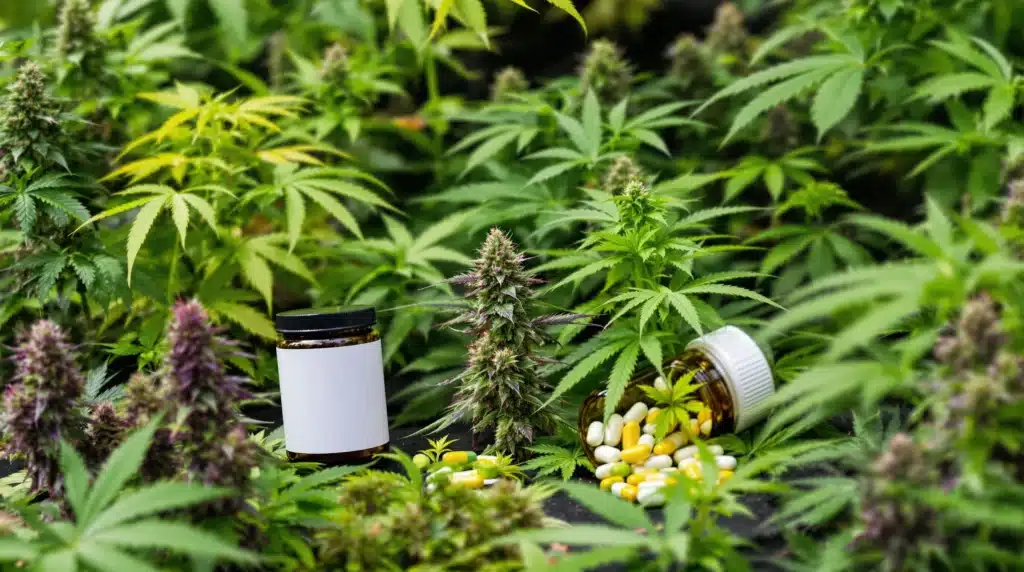
FAQs About Antibiotics and THC
Can you use THC while taking antibiotics?
Yes, many people can use THC while on antibiotics, but it’s important to proceed with caution. THC can affect how your body metabolizes antibiotics, which may alter their effectiveness. Consult your healthcare provider to ensure safe use.
Does THC make antibiotics less effective?
THC could potentially impact the metabolism of antibiotics due to its interaction with the liver’s cytochrome P450 enzyme system. This interaction might reduce or enhance the effectiveness of antibiotics, depending on the specific medication.
What are the risks of combining THC with antibiotics?
The main risks include intensified side effects such as dizziness, nausea, or drowsiness. Additionally, certain antibiotics may interact more strongly with THC, leading to altered drug efficacy or unexpected reactions.
Are there antibiotics that shouldn’t be combined with THC?
Yes, some antibiotics that heavily rely on liver metabolism, such as erythromycin or rifampin, may have a higher likelihood of interacting with THC. Always check with your healthcare provider to confirm if your specific antibiotic is safe to combine with THC.
Can THC help with side effects of antibiotics?
THC may help alleviate some common side effects of antibiotics, such as nausea, loss of appetite, or inflammation. However, balancing these benefits against potential risks is essential.
Is it better to use CBD instead of THC with antibiotics?
CBD may be a safer option for some individuals, as it is less psychoactive and has fewer potential interactions with medications. However, CBD can still interact with the same liver enzymes as THC, so consulting a healthcare provider is recommended.






